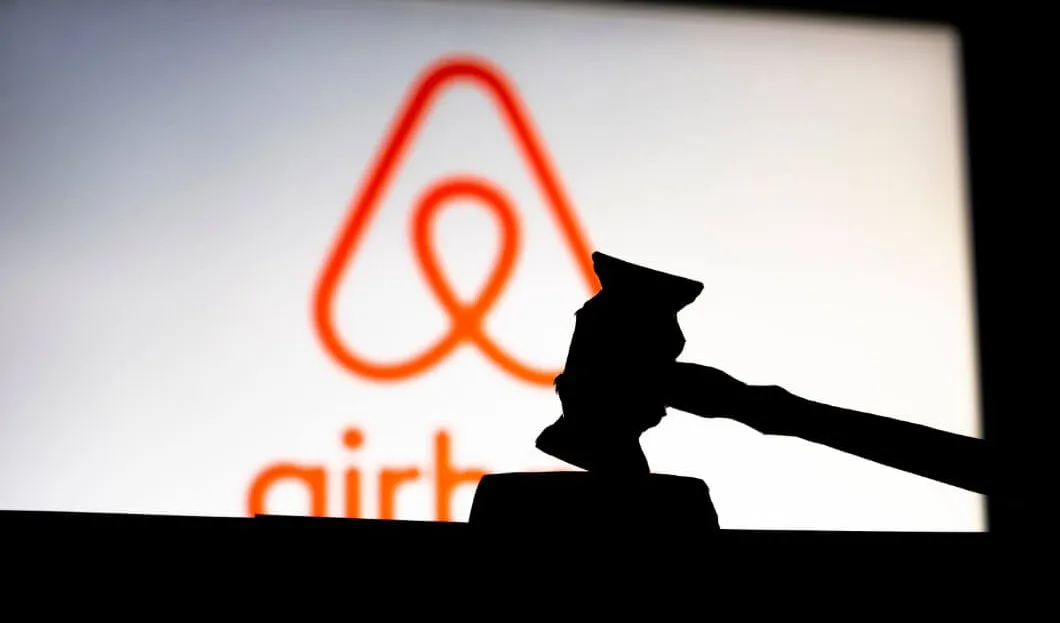
A recent study indicates that Airbnb rentals are associated with increased crime in London neighborhoods. Between 2015 and 2018, researchers found a "positive correlation" between the number of vacation rentals listed and reported violent crimes, including robberies.
According to researchers from the University of Cambridge and the University of Pennsylvania, a 10 percent increase in Airbnb rentals could result in approximately 1,000 additional robberies annually.
The scientists highlight that this connection is more related to new criminal opportunities than a loss of social cohesion in the affected neighborhoods.
"We have explored alternative explanations, such as changes in police presence or the location of tourist hotspots, but the link persists," says Dr. Charles Lanfear from the Institute of Criminology at Cambridge.
Strong Backlash on Airbnb
Concerns regarding Airbnb's impact on rising housing costs have led to a strong backlash from residents in cities like Barcelona, who are advocating for stricter regulations. London, notably, is one of the largest Airbnb markets in the world, attracting approximately 4.5 million guests during the study period.
For this research, Dr. Charles Lanfear and his colleague, Prof. David Kirk, from the University of Pennsylvania, utilized extensive data from the AirDNA platform, which specializes in analyzing Airbnb listings.
They examined the short-term rental market's figures, trends, and geographical distributions between January 2015 and March 2018. This data was assigned to specific areas known as "Lower Layer Super Output Areas" (LSOAs), which consist of approximately 2,000 inhabitants as defined by the British census. A total of 4,835 LSOAs in London were analyzed.
The researchers combined the AirDNA data with crime statistics from the UK Home Office and the Greater London Authority to investigate the impact on various crimes, including robbery, burglary, theft, antisocial behavior, violence, and assault.
The findings revealed a strong correlation between Airbnb rentals and incidents of robbery and burglary, followed by theft and violence. However, no significant correlation was found between Airbnb rentals and antisocial behavior or bodily harm.
Interestingly, this correlation was particularly pronounced for entire house rentals, while renting out individual rooms or apartments had minimal impact in otherwise Airbnb-free environments.
Largest Increase in Robberies
According to the study, in London, each additional Airbnb rental is associated with a 2% increase in robberies within a neighborhood (LSOA). This correlation also shows a 1% increase for thefts, 0.9% for burglaries, and 0.5% for violent crimes.
"While the criminogenic effect of each individual Airbnb rental may seem small, the cumulative impact of dozens in a neighborhood, or tens of thousands across the city, can be substantial," explains Dr. Lanfear.
During the study period, there were an average of 53,000 active short-term rentals per quarter in London, with about 11 Airbnb listings per LSOA. In one Soho neighborhood, known for its vibrant nightlife, there were as many as 318 Airbnbs—equivalent to 30% of all households in that area.
The researchers' model calculations suggest that a 3.2% increase in Airbnb rentals could lead to a 1% increase in city robberies. Based on the 32,500 registered cases in London in 2018, this would translate to approximately 325 additional robberies.
To ensure that their results were accurate and not influenced by other factors, Lanfear and his colleague, Professor David Kirk, considered several variables, including property prices, police presence, and the occurrence of Premier League football matches.
Additionally, they excluded all 259 Lower Layer Super Output Areas (LSOAs) in Zone One, central London, from their analysis to determine whether crime rates only rose in areas with a high level of tourism.
Seasonal fluctuations in tourism in London did not affect the overall results. The data models accounted for these seasonal variations, yet the overarching trends remained unchanged.
Initially, researchers speculated that any potential link between Airbnb and crime could result from a decline in "collective efficacy," which refers to social cohesion and the community's commitment to the common good.
To investigate this hypothesis, they analyzed data from the Metropolitan Police and the London Mayor's Office, which conducted surveys on public perceptions of crime and community behavior.
However, the findings revealed that collective efficacy in London remains consistently high, and any potential decline in it could not account for the observed link between Airbnb and crime.
Crime Rises Immediately
The study found that increased crime occurs immediately with the rise in Airbnb listings rather than from a gradual decline in social cohesion.
"Crime spikes as soon as Airbnb short-term rentals are introduced to a neighborhood and remains elevated as long as they are operating," said Lanfear.
The researchers believe this surge is mainly due to the new criminal opportunities that Airbnb creates.
"An Airbnb can facilitate various crimes," Lanfear explains. "Tourists who are unfamiliar with the area and frequently vacant properties provide easy targets for thieves. Additionally, short-term residents are more prone to causing damage."
Furthermore, criminals may specifically target areas with many Airbnb rentals to exploit unprotected individuals and properties.
"More Airbnbs often lead to fewer long-term residents who have a vested interest in their neighborhoods and are likely to report criminal activity," Lanfear stated.
Although Airbnb has implemented measures to combat crime—such as background checks and stricter booking requirements for specific periods—the rise in crime continues.
"The fact that we are still seeing an increase in crime despite these measures highlights the scale of the problem," added Professor David Kirk.
Experts indicate that short-term rentals like Airbnb promote speculative real estate deals and appear to influence crime rates in cities. The real victims are not the landlords or the company but the residents living in these neighborhoods.









